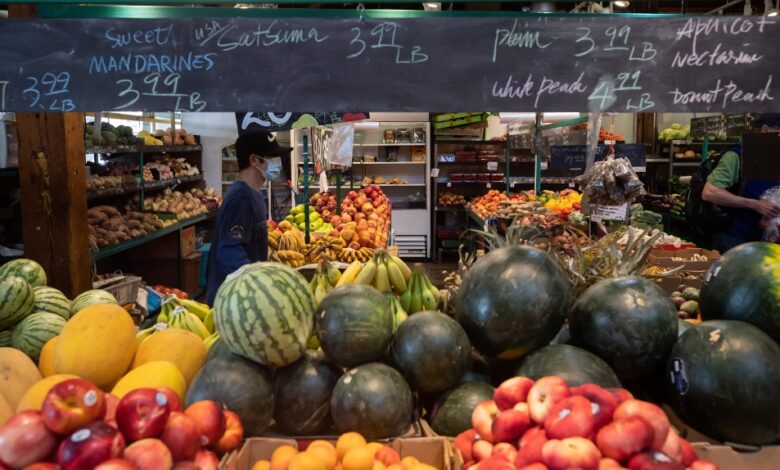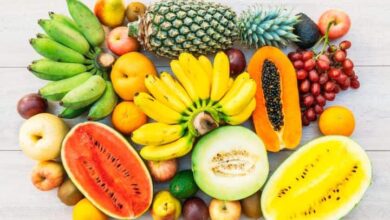Young Canadians are willing to pay more for organic food

A new survey conducted by Research Co. found that young Canadians aged 18 to 34 are more likely to be willing to pay a higher price for organic or GMO-free food.
Of the 1,000 survey participants, 41% said they wouldn’t pay a higher price for organic food. The rate rose to 57% among those 55 and older, but dropped to 41% among those aged 35 to 54. Only about a quarter (23%) of Canadian youth aged 18 to 34 said they would not pay. more for organic food, according to the survey.
The survey found similar results for non-GMO foods, with 31% expressing their unwillingness to pay for non-GMO foods. The rate was higher (38%) in people 55 and older and similar (31%) in people 35 to 54 years old and lower (22%) in people 18 to 34 years old.
More than a third of Canadians would not be willing to pay extra for food from a company that guarantees reduced greenhouse gas emissions, according to Research Co. would not consider paying a premium compared with 35 to 54 year olds (38%) and 18 to 34 (23%).
“More than two-fifths of the residents of Saskatchewan and Manitoba (42%), Atlantic Canada (41%) and Alberta (41%) would be unaffected by food producers that guarantee lower greenhouse gas emissions than with their competitors,” said Mario Canseco, President of Research Co. “Rates are lower in British Columbia (37%), Ontario (35%) and Quebec (28%).
When asked about climate change, 79% of Canadians agree it threatens the world’s food supply, 76% said they feel climate change is a danger to Canada’s food supply. and 73% said the same about their province.
The survey also found that 33% of Canadians regularly check the labels of the food they buy to see the country or province of origin. About 24% check labels to see if a product is organic while 23% do so to verify if they are non-GMO.
Research Co. said 61% of Canadians believe the agriculture sector is “certainly” or “probably” taking steps to reduce its environmental impact, 60% said the forestry industry is doing the same, while aware This is lower for the natural environment. gas industry (47%) and mining (42%).
Methodology:
The results are based on an online study conducted between May 4 and May 6, 2023, among 1,000 adults in Canada. Data have been weighted according to Canadian census data by age, sex and region. The margin of error, a measure of the variability of a sample, is +/- 3.1 percentage points, nineteen times out of twenty.
Reporting for this story was paid for through the Meta-funded Afghan Journalists Project in Residence.




